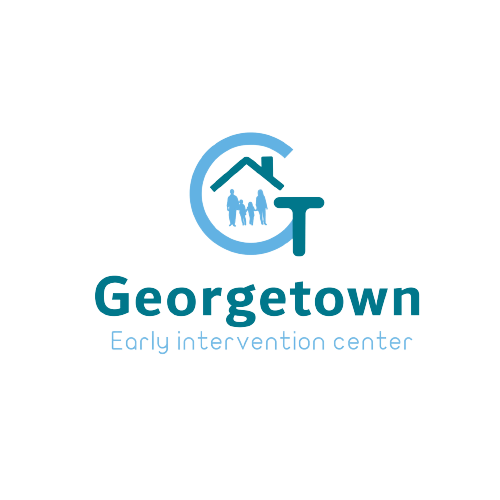The signs and symptoms of Autism Spectrum Disorder can vary widely between individuals. However, there are some common signs and symptoms that parents and caregivers can look out for, including:
- Delayed speech and language development: Children with ASD may not develop language skills at the same rate as their peers. They may have difficulty with speech, understanding language, or communicating effectively.
- Difficulty with social interaction: Children with ASD may have difficulty making friends, playing with others, or engaging in social activities. They may not respond to their name, avoid eye contact, or have difficulty understanding social cues.
- Repetitive behaviors and routines: Children with ASD may engage in repetitive behaviors, such as hand-flapping, spinning, or rocking. They may also have strict routines or get upset if their routine is disrupted.
- Sensory sensitivities: Children with ASD may be sensitive to certain sounds, textures, or sensations. They may be over or under-sensitive to sensory input, which can affect their behavior and mood.
- Narrow interests: Children with ASD may have intense interests in specific topics or objects. They may have difficulty with imaginative play or engaging in creative activities.
- Difficulty with transitions: Children with ASD may have difficulty transitioning from one activity to another. They may become upset or have tantrums when faced with a change in routine or activity.
Early Intervention for Autism Spectrum Disorder Early intervention is critical for children with Autism Spectrum Disorder. The earlier a child receives support and therapy, the better their outcomes are likely to be. Some of the benefits of early intervention include:
- Improved communication skills: Speech therapy can help children with ASD develop language skills and improve their ability to communicate effectively.
- Better social skills: Occupational therapy and social skills training can help children with ASD learn how to interact with others and form meaningful relationships.
- Reduced challenging behaviors: Behavior therapy can help children with ASD learn new behaviors and reduce challenging behaviors, such as tantrums or aggression.
- Improved academic performance: Occupational therapy and other interventions can help children with ASD improve their fine motor skills, which can in turn improve their ability to perform academic tasks.
- Increased independence: With the right support and therapy, children with ASD can learn how to take care of themselves and become more independent.
Conclusion Autism Spectrum Disorder is a complex condition that affects individuals in different ways. Early diagnosis and intervention are critical to help individuals with ASD achieve their full potential. If you suspect that your child may have Autism Spectrum Disorder, it is important to seek an evaluation from a qualified professional. With the right support and therapy, children with ASD can thrive and reach their full potential.


